Affiliated Faculty
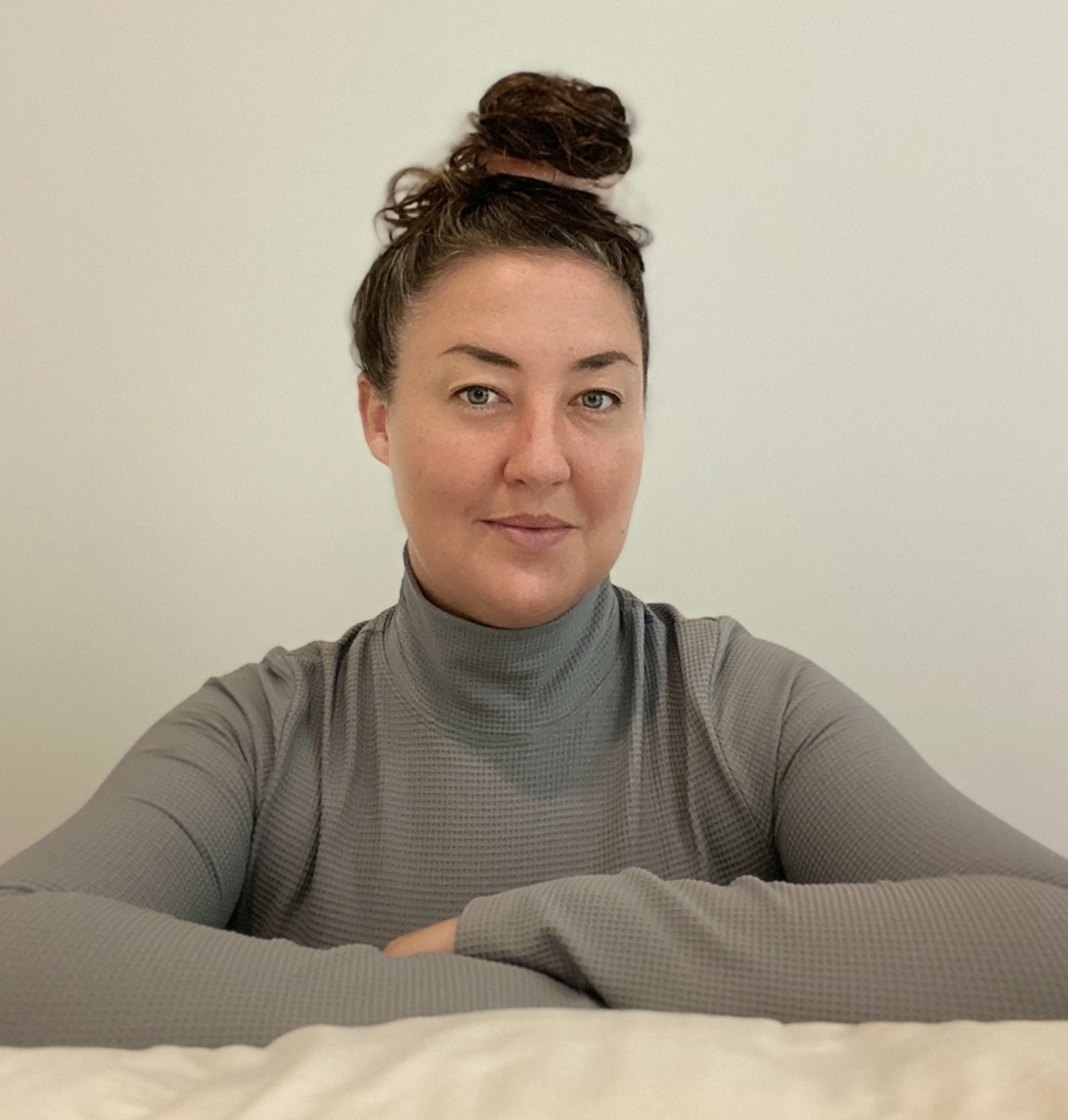 |
Hi’ilei Julia Kawehipuaakahaopulani Hobart Hiʻilei Julia Kawehipuaakahaopulani Hobart (Kanaka Maoli) is Assistant Professor of Native and Indigenous Studies at Yale University. An interdisciplinary scholar, she researches and teaches on issues of settler colonialism, environment, and Indigenous sovereignty. Her first book, Cooling the Tropics: Ice, Indigeneity, and Hawaiian Refreshment (Duke University Press, 2023) is a recipient of the press’s Scholars of Color First Book Award. Her articles have appeared in refereed journals such as NAIS, Media+Environment, Food, Culture, and Society, and The Journal of Transnational American Studies, among others. She is the co-editor of the special issue “Radical Care,” for Social Text (2020), and the editor of Foodways of Hawaiʻi (Routledge, 2018). She is currently working on a project about cultural memory, commemoration, and hauntings in Hawaii State Parks. |
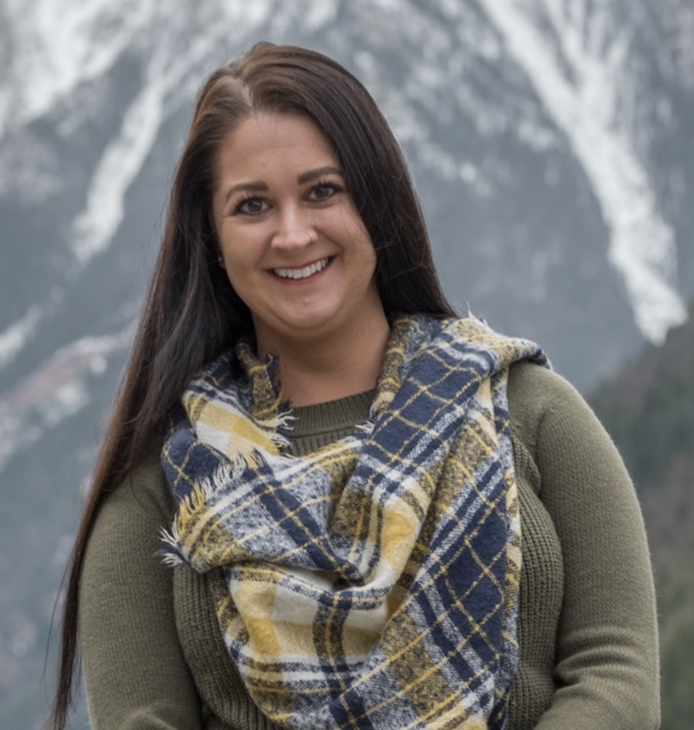 |
Tarren Andrews Professor Andrews is Bitterroot Salish (Confederated Salish and Kootenai Tribes documented descendant) and lived most of her life in community on the Flathead Indian Reservation in northwest Montana. She attended various community colleges as an undergraduate before finishing her BA and MA in English at the University of Montana, Missoula, and went on to complete her PhD at the University of Colorado Boulder in Spring 2022. In addition to these public universities, Dr. Andrews has taught at Université Jean Jaures in Toulouse, France, and at Salish Kootenai College—the tribal college on the Flathead Reservation. Her work on critical Indigenous theory and contemporary Indigenous storytelling informs her interpretations of the early medieval North Atlantic world. She teaches classes on Indigenous thought and theory, literature and new media, as well as Old English language and law. In Fall 2023 she’ll be teaching ER&M 2xx / ENGL 2xx: Critical Reading Methods with Indigenous Literature, and ER&M 7xx / MDVL 7xx: “English is some Stockholm $h!t”: An Indigenous Cultural History of Old English, and will be offering ER&M363: Indigenous Thought and Theory in Spring 2023. |
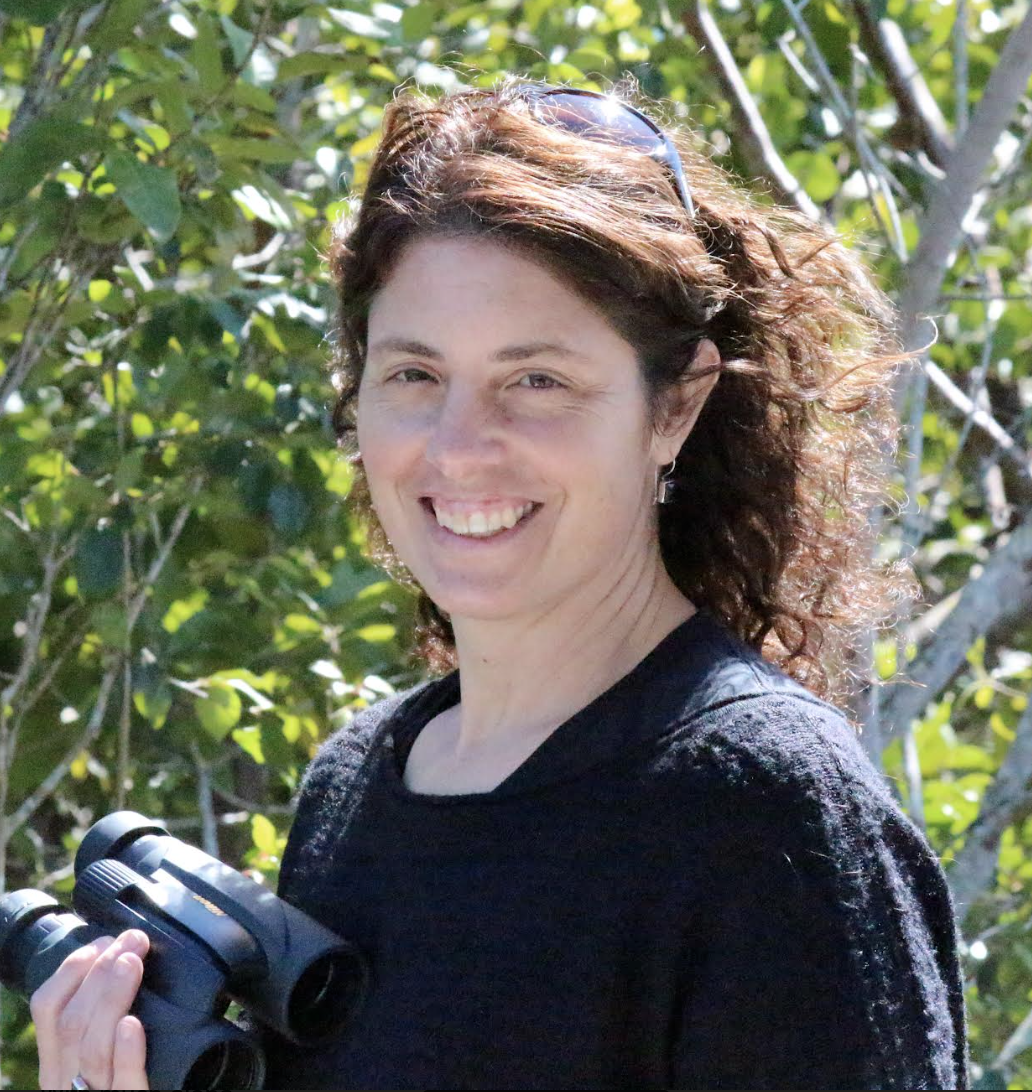 |
Kealoha Freidenburg Kealoha Freidenburg (Kanaka Maoli) is an ecologist who conducts research in freshwater ecosystems with a particular focus on amphibians. She obtained her B.A. from Pomona College and then worked as a fisheries biologist for the U.S. Fish & Wildlife Service in Washington State. Pursuing her interest in fish and freshwater, Dr. Freidenburg attended the University of Washington where she received her M.S. in Fisheries Science. She then moved east, switched study organisms (from fish to frogs), and received her Ph.D. from the University of Connecticut. As a Lecturer in the Environmental Studies major as well as at the Yale School of the Environment, Dr. Freidenburg teaches courses that incorporate ecology, conservation, and a field-based approach to learning. In addition to her teaching, Dr. Freidenburg also continues her research on wetlands and amphibians where her current focus is centered on understanding how suburban landscapes and associated land use impact amphibian populations. Courses taught include: EVST 234 Field Science: Environment & Sustainability, EVST 323/ENV 723 Wetlands Ecology, Conservation & Management, EVST 496a,b Senior Colloquium, ENV 586 Applied Topics in Aquatic Ecology |
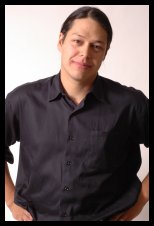 |
Ned Blackhawk Ned Blackhawk (Western Shoshone) is a Professor of History and American Studies at Yale and was on the faculty from 1999 to 2009 at the University of Wisconsin, Madison. A graduate of McGill University, he holds graduate degrees in History from UCLA and the University of Washington and is the author of Violence over the Land: Indians and Empires in the early American West (Harvard, 2006), a study of the American Great Basin that garnered half a dozen professional prizes, including the Frederick Jackson Turner Prize from the Organization of American Historians. In addition to serving in professional associations and on the editorial boards of American Quarterly and Ethnohistory, Professor Blackhawk has led the establishment of two fellowships, one for American Indian Students to attend the Western History Association’s annual conference, the other for doctoral students working on American Indian Studies dissertations at Yale named after Henry Roe Cloud (Winnebago, Class of 1910). (photo credit: Derek Jennings) |
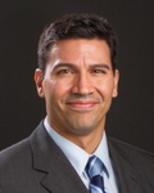 |
Christopher J. Cutter, Ph.D. Dr. Cutter is a clinician researcher whose focus is on evidence-based therapeutic interventions associated with substance abuse and chronic pain. He serves as a research supervisor and course instructor for the Departments of Internal Medicine and Psychiatry, including the section of General Medicine (Primary Care), and Division of Substance Abuse. He precepts Yale School of Medicine psychiatry and psychology fellows on the application of cognitive-behavioral therapeutic approaches to chronic pain and opiate dependence. Dr. Cutter currently serves as the component director of the Medical Research Unit (MRU), and clinic director of the Pain Treatment Services at the APT Foundation. |
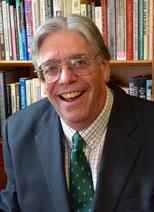 |
Jay Gitlin, Ph.D. Jay Gitlin is Senior Lecturer in History at Yale University. He has been teaching at Yale since 1983. He first taught a seminar in Native American history at Yale in 1985-86 and taught the first lecture class on the subject several years later. He has been an advisor to the NACC since its founding and considers it one of his favorite places on campus. He was very honored to receive the ANAAY Friend of the Community Award in 2017 the same year his former student, Ashley Hemmers (’07, Mojave), received the ANAAY Distinguished Alumni Award. They both remembered when they had the idea many years earlier to have a Henry Roe Cloud celebration to bring the community together and give awards to hang on the walls. That worked out well! He earned his B.A. (Class of 71) and Ph.D. from Yale in History and his M.M. from the Yale School of Music in percussion. His first book, The Bourgeois Frontier: French Towns, French Traders, and American Expansion received the 2010 Alf Andrew Heggoy Prize. His most recent book is Country Acres and Cul-de-Sacs (Wesleyan U.P., 2018) about the rebranding of Connecticut from 1938 to 1952. |
|
Ian MacMillen |
